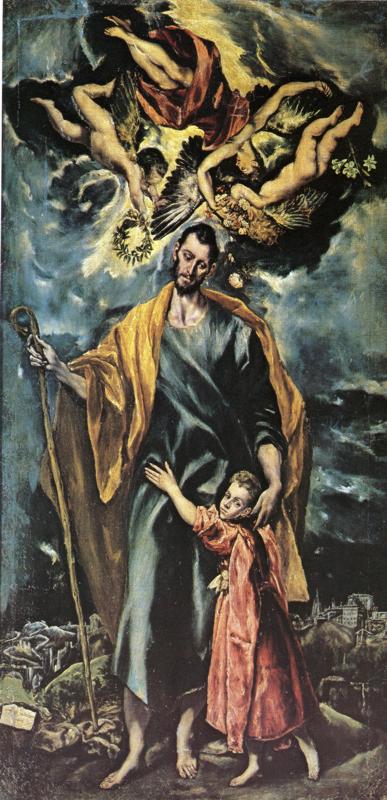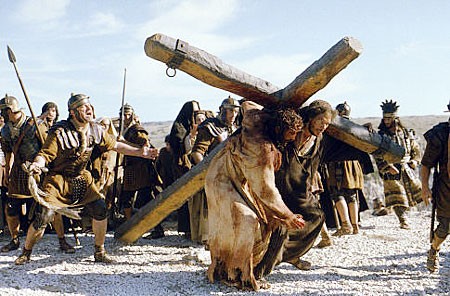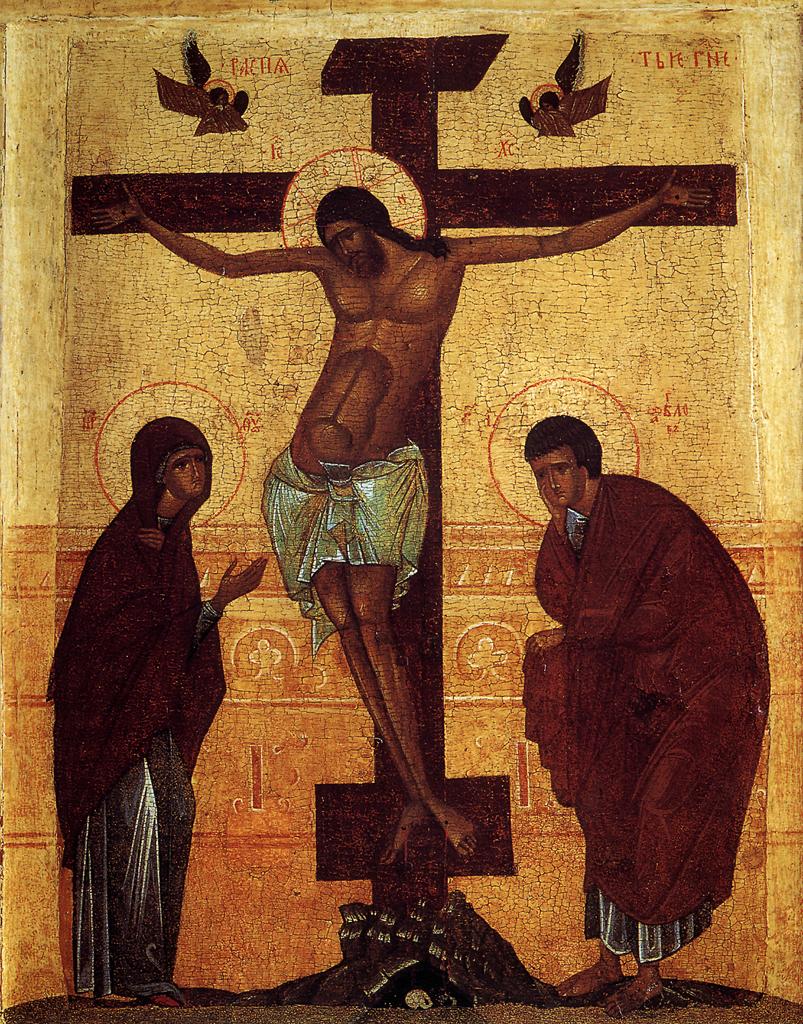
This week, in Luke's Gospel during Mass, we have heard a good number of some of Jesus' most famous words, and, indeed, there is a string which runs through all of those readings from the week.
On Sunday, we learnt about the importance in faith in God, putting ourselves and our future entirely in His hands, while, at the same time, enlightening our hearts and minds to the necessity of serving our neighbour in His name.
Similarly, on Monday, a young and holy man went to Jesus and asked him what more he could do: Jesus told him to emulate the example of our Blessed Saviour and be a 'good neighbour' to the outcasts of society and community.
We are challenged again on Tuesday, for after our instruction about performing works, Jesus reminds us about the necessity to nurture the contemplative side of life: we are to be both Martha and Mary, and Jesus helps us with this on Wednesday by teaching us the Our Father. Thursday's Gospel further tells us that we can ask anything of our heavenly Father. Yesterday, we learnt that this leads us to unity with each other, and the evils of division and discord was explained to us.
Today, in the Gospel, we heard a very unusual and purely Lucan story. While Jesus was explaining all these other things, a woman in the crowd pipes up and says, "blessed is the womb that bore you, and the breasts that you sucked."
But Jesus says, that the blessed derive their holiness not from simply being who they are, but more expressly, in their relationship with God, because He is the fountain of all holiness. Virtue, goodness, holiness, sanctity does not originate in individuals, rather, it is a reflection of the Father's glory.
Our Lady, to whom the woman was referring, is most blessed, not of her own doing, but by the grace of God. She does radiate light, helps us to see in the darkness, guides us on our way and gives us comfort; her light, however, is like the gentle light of the Moon, which is the reflection of the life-giving light of the Sun.
Blessed John Henry, whose feasts it is today, wrote the following:
Within her heart, Mary pondered upon the visit of the shepherds who told her of the vision of angels and told her of the vision of angels and announced that the Infant in her arms was the Saviour who is Christ the Lord. Twelve years later, when she found her Son in the Temple and He explained how He must do the work of His Father, again she treasured these things in her heart. Her faith so anticipated His first miracle that she forewarned the servants at Cana to carry out instructions to the letter. Our Lady, then, is the pattern of faith both in the reception and in the study of Divine Truth, acceptance being followed by a cherishing. Zechariah reasoned first and believed later; with love and reverence Mary believed and then reasoned.





















